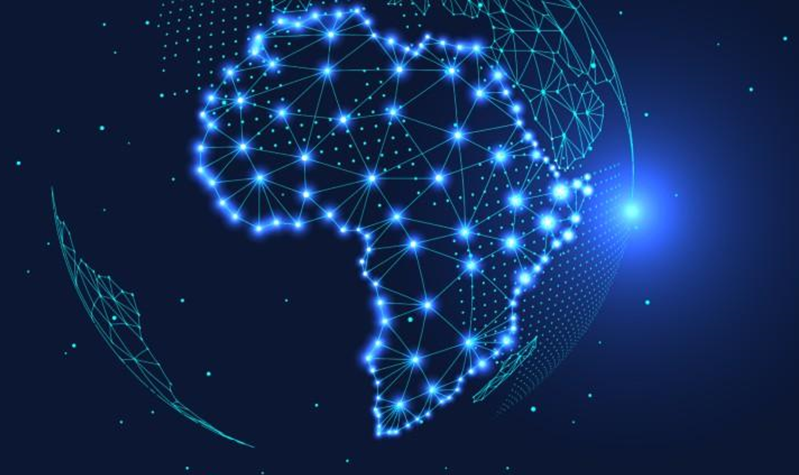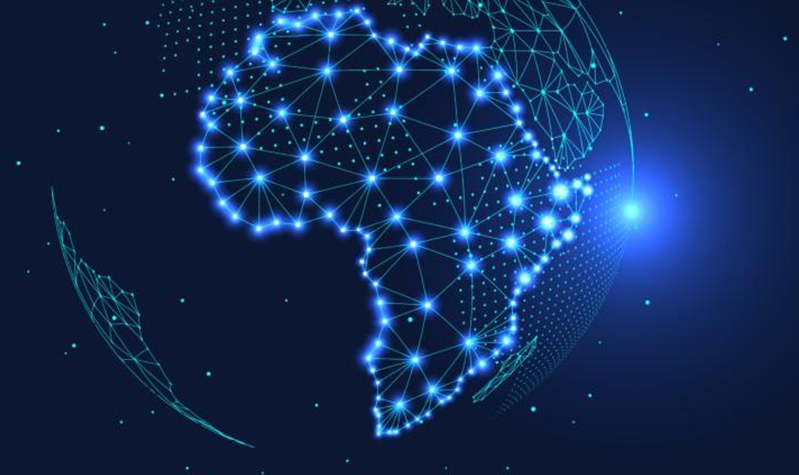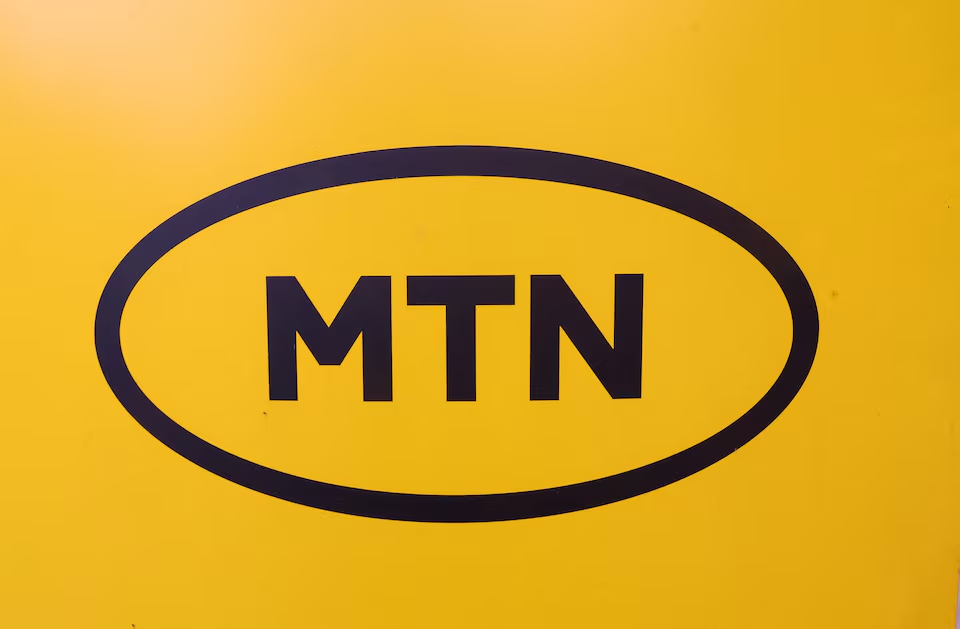The key regulation issues forecast to be top of mind in 2025 include artificial intelligence, data protection, the digital economy, digital public infrastructure, and competition.

(Source: https://www.menosfios.com/)
As the new year gets underway, technology and its related business environment will be characterized by numerous policy and regulatory discussions around the need to address ongoing and emerging issues, either through revisions to existing frameworks or the formulation of new measures and approaches to market regulation.
With the ongoing evolution of technology and the changing complexion of the marketplace, there is a need to provide an enabling environment in which innovation, consumer and business interests are protected, while at the same time appreciating that such deliberations and resulting actions can never really define any end games for a sector that is constantly in flux.
Some of the key issues that will occupy discussions among policy makers, regulators, civil society and the business community include artificial intelligence (AI), the digital economy, digital public infrastructure (DPI), data protection, and competition.
To a lesser but equally crucial extent, ongoing discussions on improving data protection, social media and cybersecurity frameworks can be expected to continue.
Artificial intelligence
AI regulation was one of the areas of key focus across the continent in 2024.
Two main sides emerged – one was against regulation, reasoning that regulating AI would stifle innovation and slow adoption. The other side looked beyond innovation and adoption and viewing AI through a consumer protection lens, looking at the possible harmful and ethical issues relating to AI.
Related:The ethical considerations of AI in Africa
While there have been huge advances and greater adoption of AI across different sectors – with some already demonstrating tangible benefits – AI has also brought with it unsavory application areas. These include using AI as a tool to enable cybercrime (for financial fraud, phishing and social engineering) as well as in the social and political space with misuse intended to spread falsehoods and misinformation via AI altered text, images or videos.

AI regulation will still be a key focus across the continent in 2025. (Source: Image by DC Studio on Freepik)
Existing laws relating to data protection and privacy, cybersecurity, and misuse of computers and intellectual property, have been useful in the interim as a framework to address some of these areas, but in most cases they are not explicit enough to tackle these problems squarely and with any degree of finality.
At a continental level, AI has been discussed at the Africa Union (AU), where a draft policy was published in 2024, with several countries already making individual pronouncements in the form of sector guidelines.
Looking ahead, the way forward will very likely be paved with soft regulations that take the form of guiding principles to which all stakeholders must adhere, while at the same time continuing to draw on or amend existing regulations.
Related:The changing complexion of e-commerce in Africa
The digital economy
The steady march by business and consumers into the digital sphere, as well as the need to address the requirements of tech-savvy consumers who require new channels to transact, is bringing about the gradual realization of digital economies, with more and more organizations undergoing digital transformation.
One natural consequence of the shift into virtual spaces is the need to ensure tax collection is not affected; authorities are continuing to explore modalities that allow them visibility over the amount of business that happens online.
This has necessitated different measures to gain visibility over business that happens online. Current measures include the onerous task of conducting audits of business and individuals using different social media platforms like Facebook, Instagram, and TikTok, as well as e-commerce platforms, as well as compelling providers (including telcos, streaming services and platform providers) to add levies to their subscription fees, in order to reduce the administrative load on revenue authorities.
Related:Cybersecurity: The big picture in Africa
In some cases, sizing up the digital space has involved working with payment gateway operators who have good visibility over such transactions between businesses and consumers.
Broadly speaking, the legal framework on which digital economies can be enabled includes laws, polices and guidelines that touch on taxation, data protection and privacy, intellectual property and social media use.
During 2024, several African countries adopted different approaches to handing the digital economy, and it can be expected that, during 2025, these measures and existing laws will undergo further streamlining, amendment and harmonization.
Digital public infrastructure (DPI)
While DPI is still largely nascent, the push by governments and multilateral development agencies (whose ambitions relate to closing the digital divide and supporting transparency, among other areas) is something that will merit a review of existing laws.
Many have bearing on how DPI can be enabled since DPI inherently raises concerns about data protection, fraud, freedom of information, mobile payment regulation, digital identities and infrastructure sharing.
Thus, it can be expected that discussions on implementing DPI will pick up pace as different stakeholders explore modalities on how this can be leveraged to deliver services to citizens.
Competition
The move by satellite providers in different countries into the connectivity space is being met with some degree of consternation by some local Internet service providers and mobile operators, who mostly claim it makes the playing field uneven for them, with some indicating that such players are not subjected to the same regulatory oversight as local players.
In some cases, local players are the ones who have taken the initiative to strike deals with satellite operators who offer direct to mobile connectivity arrangements that allow them to plug voice and data coverage gaps and reduce their infrastructure spending.
Between 2023 and 2024, players like Starlink gradually increased their footprint across Africa, though it has not been easy sailing in some markets where regulations either require local ownership or the requirement to work with channel partners through whom authorities can gain visibility on operations for the sake of taxation and consumer protection issues.
It should be noted that, at the outset, satellite players were indulged on the premise that they could help address rural coverage.
However, as has been noted in many countries, urban areas have been the focus for the simple reason that affordability is an issue in most rural areas.
As such, most new subscribers are in urban areas, which has unseated that premise about closing the rural digital divide.

Between 2023 and 2024, Starlink gradually increased its footprint across Africa but also faced challenges. (Source: Starlink)
In 2025, it can be expected that regulators will move to respond to concerns by local players, by introducing new licenses as well as ensuring such players are compliant with pricing guidelines set out.
It can also be expected that discussions by the International Telecommunications Union (ITU) on spectrum, rural connectivity, etc. may have some bearing on how these players operate.
Data protection
In 2024, only 36 out of 54 African countries had enacted data protection laws.
At a continental level, despite the Malabo Convention (on cybersecurity and data protection) being adopted more than a decade ago, when it came into force on June 8, 2023, only 15 AU countries had ratified it, limiting its continental credibility. This itself hampers efforts at harmonizing data protection laws as well as limiting collaboration on cybersecurity.
Data protection concerns keep morphing and will remain on the horizon for quite a while.
Ongoing digital transformation, including by government entities, coupled with new business channels, mobile applications, and know-your-customer (KYC) principles by financial institutions are among other areas that will keep data protection in focus.
It can be expected that this convention will be reprised at the AU during 2025 as individual countries continue to address data protection.
Spectrum costs
It should be expected that spectrum costs will be among the areas up for discussions, in some cases based on lessons learned from 5G spectrum auctions for which many operators have yet to realize returns on investments.
Therefore, pricing at auctions may require a review based on market realities and the potential exploitation of spectrum for different applications.
The spectrum gravy train may not have dried up yet, but it has certainly slowed down.
Cybersecurity
Just like data protection, cybersecurity is a constant feature in the ICT landscape in Africa.
With more and more cyberattacks registered in 2024, a good part of discussions on policy and regulation will invariably feature cybersecurity in 2025 because the risks are not bound by borders and threat actors can be either in African countries or outside of them.
The need to enable collaboration across the continent and globally will underpin discussions on cybersecurity in 2025.
About the Author

(Source: Image by DC Studio on Freepik)
Africa ICT Analyst, Connecting Africa
Francis currently works independently undertaking ICT research and consulting projects across Africa.





